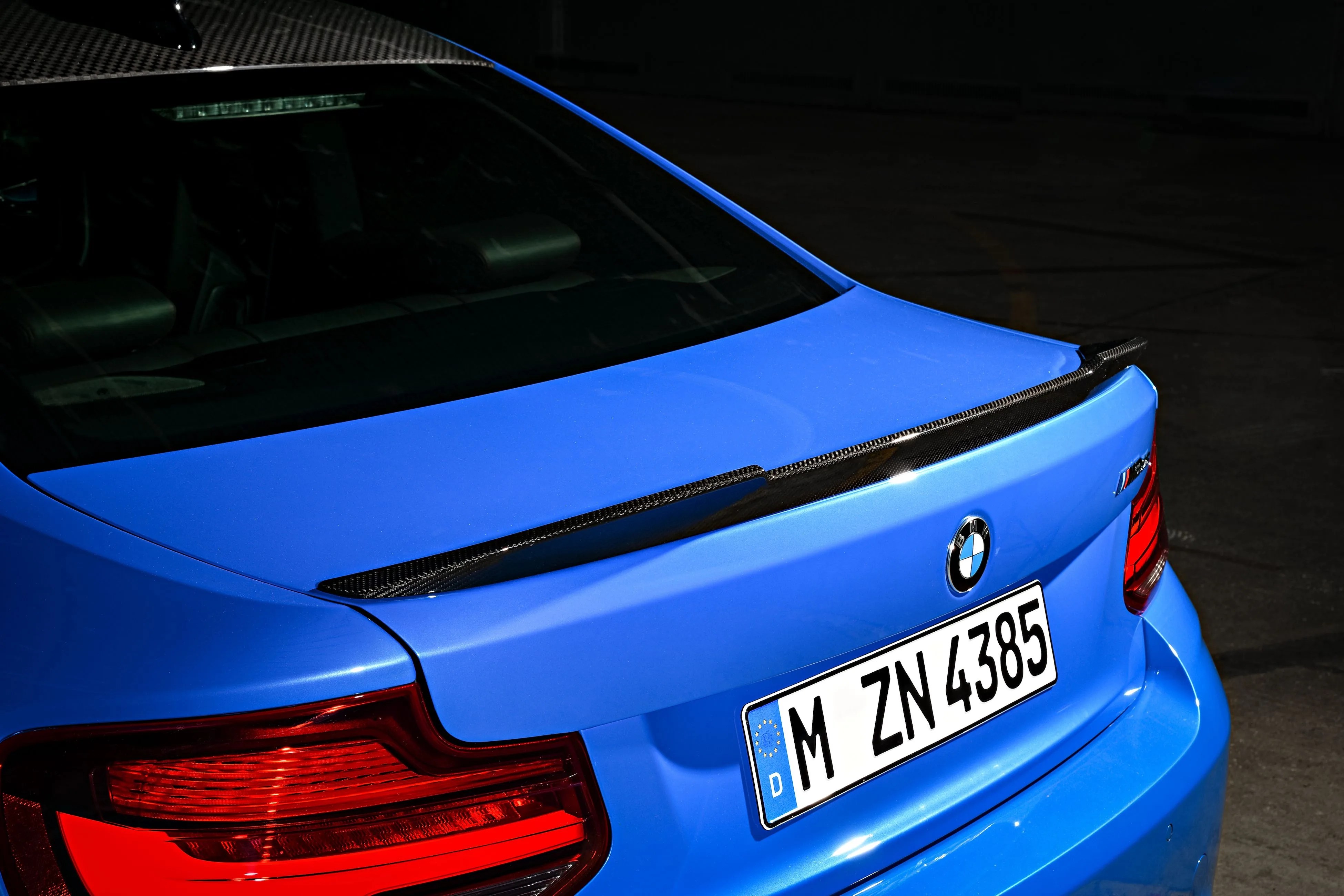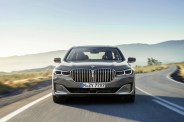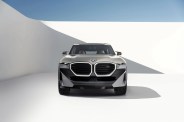For many years, BMW has professed to build the ultimate driving machine. For many car enthusiasts, the purest form of that vision is a smaller sports car like the BMW M2 with a smooth inline-six, rear-wheel drive and a six-speed manual transmission. However, what the “ultimate driving machine” means will change markedly over the next decade — and BMW plans to evolve with it.
It’s no secret that BMW is overhauling the M2 for the 2023 model year. Now, the head of BMW’s M Division, Frank Van Meel, has told the German outlet Bimmer Today (first spotted by Motor 1) that the new M2 will be the M Division’s last purely internal-combustion model.
“The BMW M2 will definitely be a purist driving machine with its straight-six and rear-wheel drive. We will see increasing electrification in other vehicles, of course in different forms, starting with the 48-volt electrical system and plug-in hybrids to fully electric drives. From this point of view, the M2 will be the last M with a pure combustion engine drive and also without electrification scope such as a 48-volt on-board network,” Van Meel said (via Google Translate).
BMW abandoning the traditional concept of a purist sports car is not too surprising — especially if the bar for purity is not having even a 48-volt mild-hybrid system. Broadly speaking, the combustion engine is on its way out. European Union lawmakers are in the process of banning combustion engines outright by 2035; some countries are planning pure combustion bans sooner. Where ICE engines do linger on, it’s likely to be with affordable vehicles; many of BMW’s main rivals like Mercedes, Audi and Lexus are pledging to go all-electric.
Besides, there isn’t another BMW M car that would make sense to update with a pure ICE powertrain. The M5 is reportedly going plug-in hybrid — and will need to do so to be on the cutting edge of performance. The M3 and M4 were recently overhauled, and should have quite a few more years left. It would be more surprising if the M division were planning to launch a new pure ICE car in the mid-to-late 2020s.






